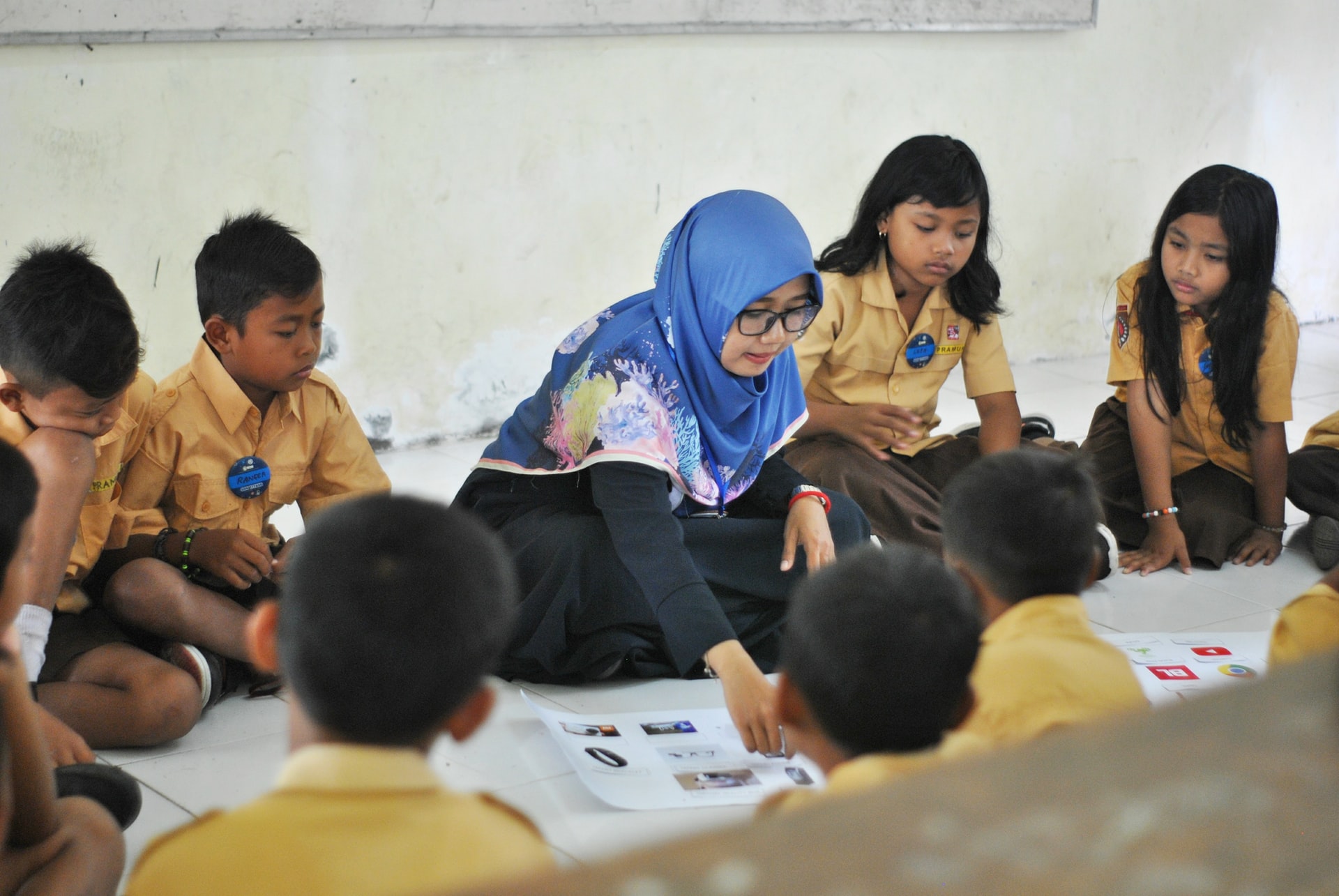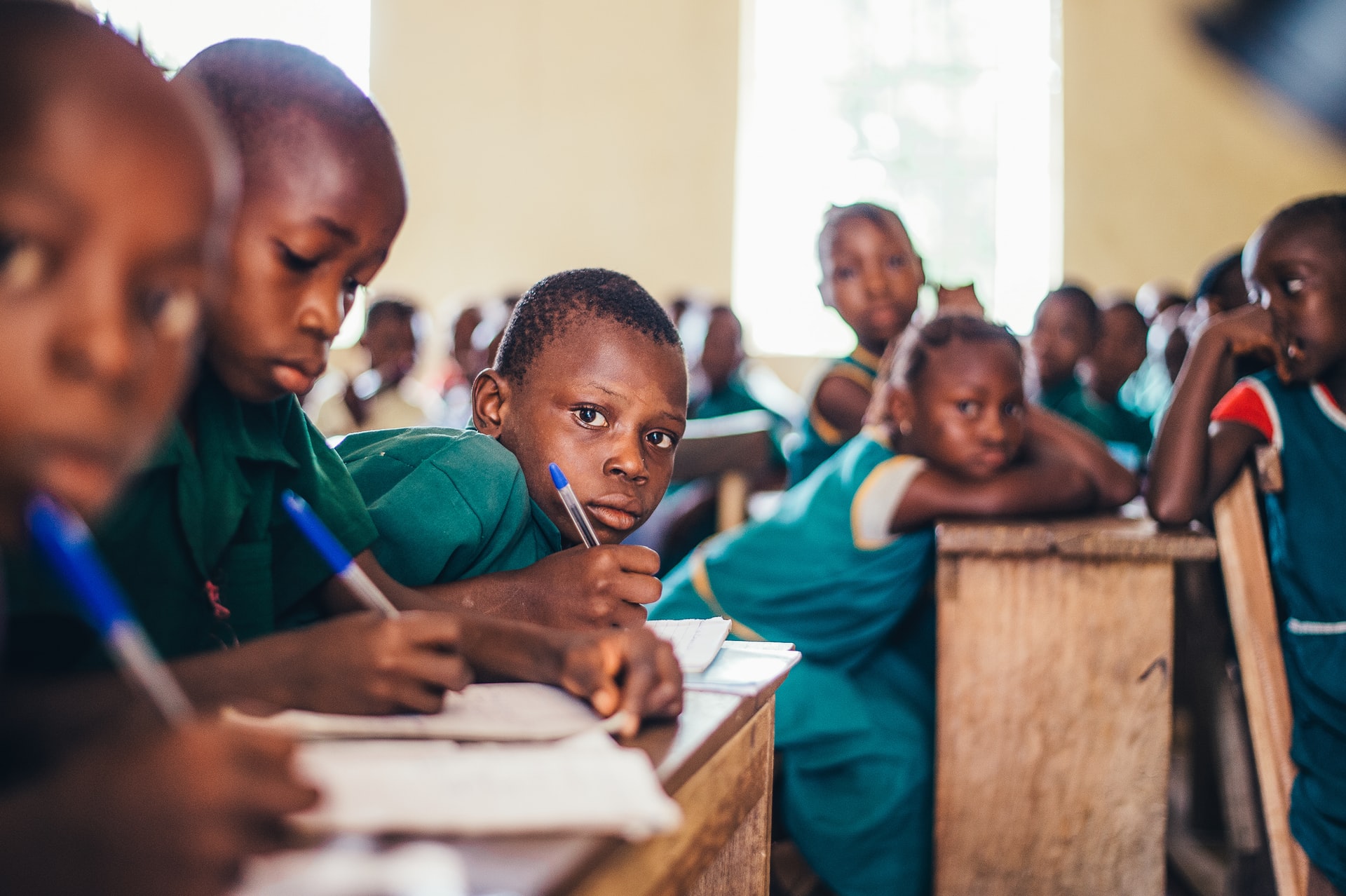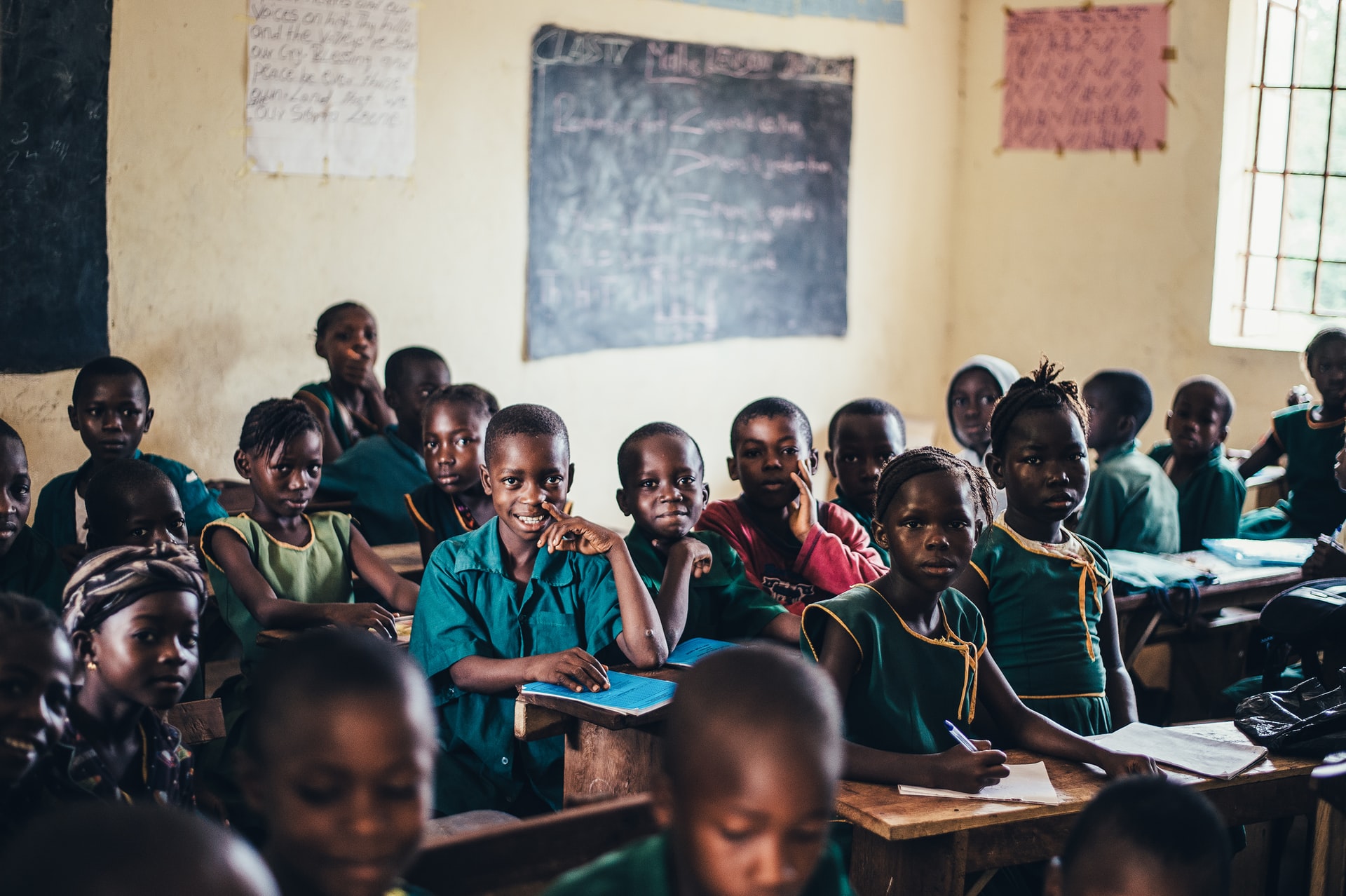The Global Status Of Children’s Education Rights:
For millions of children today, access to education is still a dream. They do not have the awareness to better their own and their children’s lives. Nearly two-thirds of primary-school-age children are out of school, and 759 million adults worldwide are illiterate.

Lack Of Education Has Several Root Causes, Including:
Developing countries have a substantial financial deficit. The issue of universal primary education is a critical one for many states, and it is significant. Most countries cannot afford to provide a quality education system for all their children with the funds pledged by the international community.
As a result of the overflow, students from various educational backgrounds are thrown together in the same class. Financial constraints also have an impact on teaching effectiveness. Creating schools, providing educational materials, and recruiting and training teachers are expensive endeavors in many developing countries.
Teachers aren’t getting the basic training they need because there aren’t enough schools to go around. Because of this, it is difficult for every child to obtain a personalized education tailored to their specific needs and talents.
Being On The Periphery And Living In Poverty Global Status:
Inequality and marginalization persist for many children who still do not have access to education. This results in these youngsters being excluded from the educational system and missing out on vital knowledge that will enable them to prosper intellectually and socially in the future.
There are inequities based on gender, health, and cultural identity that prevent children in both poor and developed countries from receiving primary education. Due to malnutrition-related health issues or to work and support the family. In both cases. Many children from low-income homes are forced to drop out of school as a result of their circumstances.
An Overview Of Education Rights Around The World:
The Following Are The Worst-Hit Areas:
More than 72 million children around the world are still uneducated as a result of poverty and marginalization. Essentially, this is a problem for children in Sub-Saharan Africa, where the average schooling period is only four years.

Over 32 million primary school-age children in Sub-Saharan Africa are illiterate, making it the most disadvantaged region in the world. These regions must also address the problem of educational poverty, which persists.
Inadequate education and low levels of schooling harm the population and the country as a whole. More than half of children in some countries, like Somalia and Burkina Faso, obtain less than two years.
Girls’ And Males’ Unequal Treatment:
Girls’ Education Is In Danger:
As a result, girls are now disproportionately disadvantaged when it comes to educational opportunities. They account for over 54% of the world’s uneducated population. Over 12 million girls in Sub-Saharan Africa are not getting an education because of poverty.
This is primarily due to the cultural and customary view of men as being more deserving. Girls are supposed to assist their mothers around the house, while males are expected to attend school. Arab countries, Central Asia, and South and Western Asia are most affected by this issue. More than 80% of Yemeni girls will never be able to attend school because of poverty.
The Significance Of Schooling In The Development Of Children:
Today’s children are preparing to be tomorrow’s adults. The development aligns with our country’s future, as seen by the current educational system’s high standards. The transition in educational thinking from bookish knowledge to life knowledge has brought about a great deal of change.
To become better human beings, a school must foster curiosity among its students and provide them with the resources they need. In today’s competitive world, education, food, clothing, and shelter are fundamental human requirements for all people.
The development of our cognitive abilities must be accompanied by education that fosters a healthy mental process. The following parts of schooling are crucial for developing young minds as they grow up and enter the working world.
Aspects Of Society:
A child’s first opportunity to meet others is through their school. Schools expose children not only to new concepts but also to other children their age. Before that, the child’s only human encounters have been with their parents and close family members. This fosters social skills like empathy, companionship, involvement, and support that will serve them well in later life.

Dimensionally:
The physical development of a child begins even before conception. According to research, children are better prepared to deal with sudden bursts of energy in a familiar setting. Until you’re exposed to people your age, you won’t be at your best. Furthermore, familiarity breeds exploitation, whereas the playing field is leveled in school.
The way energy is used at home is inefficient; however, it can be channeled into more productive activities at school if it is shared amongst the students and teachers. Sports and crafts help children channel their limitless energy into something beneficial when they are available to them.
Aspects Of The Mind:
The primary source of knowledge to which youngsters are exposed in school. When people are exposed to many cultural influences, their view of the world and their existence expands.
It allows students to broaden their horizons by learning about a variety of subjects. Such as people, literature, history, mathematics, and politics, to name just a few examples.
Overall Growth:
Schools used to be seen as locations where students went to learn about historical events. Perform literary tasks such as solving complex mathematics problems or reciting sonnets. Students learn to think for themselves by following a flexible curriculum that encourages intellectual curiosity.
The cornerstone of any society is built on education. When mental obstacles are removed from a toddler, their imagination might run wild. Nowadays, a child learns to move beyond rote memorization in the classroom. There is a lot of emphasis placed on the power of imagination.
A well-developed cognitive system is the result of play enactments and a comprehensive curriculum. In some ways, we can learn from our parents, but they tend to be one-sided. For youngsters to learn about the workings of life, they need to go to school.
Beyond just existing, life is about learning. In general, it is in charge of society’s growth and progress on all of these fronts. As a result, schools play a critical role in shaping the destiny of a country by helping its children grow holistically. The quality of education being provided is critical to society’s growth.

Leave a Reply